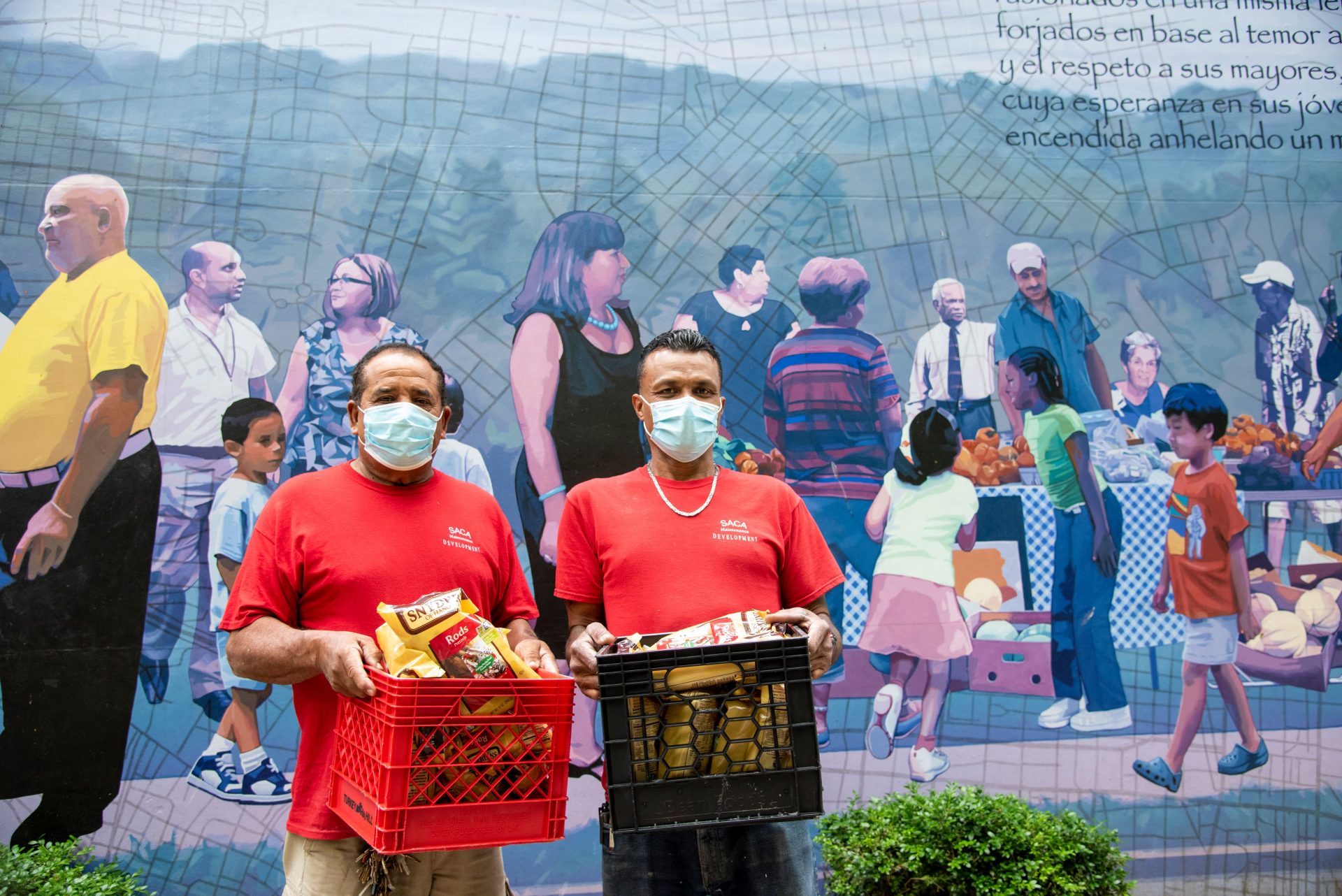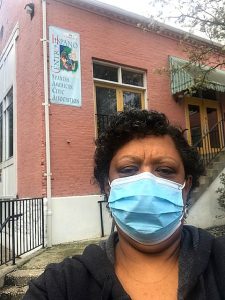

Few nonprofits boast a wider range of programs than the Spanish American Civic Association, which serves Lancaster's large and diverse Hispanic community.
Job training and employment assistance. A charter school. Mental health treatment. Drug and alcohol counseling. A radio station. Bilingual case management. A community kitchen. A senior center.
When the Covid-19 pandemic hit, SACA had to figure out how to keep it all going, one way or another.
SACA officially closed its doors March 17 in response to coronavirus. In subsequent days, new versions of SACA's services rolled out.

A move online
Tec Centro, the training center SACA opened in 2014, moved classes online, as did La Academia charter school. Nuestra Clinica Behavioral Health received a state waiver allowing it to offer remote telemedicine consultations.
SACA's two residential programs, La Casa Halfway House and Nuestra Clinica Residencial continued to operate, deploying Covid-19 safety precautions. Radio Centro, SACA's radio station at 91.3 FM, provided the latest coronavirus news and information to its Spanish-speaking audience — an essential service, SACA's executive director Jacqueline Fisher noted, because most don't follow mainstream English-language news media.
Community meals were the biggest challenge of all, Fisher said.
Before the lockdown, SACA served about 200 meals a day at the Centro Hispano community center.
That had to shut down, of course. Like other nonprofits, SACA shifted to grab-and-go, offering a two-meal brown bag: A hot meal for lunch and a cold dinner.
At the height of the pandemic, SACA served 85 individuals a day on average, six days a week. At two meals per bag, that's just over 1,000 meals a week.
"The cost was exponential," Fisher said.
In an email sent to the SACA community, President Carlos Graupera said Covid-19 "challenged us in scale and delivery ... but we have risen to the challenge."
Support for the meal program came from the Lancaster County Office of Aging, with food donated through the Central Pennsylvania Food Bank. A grant from the Lancaster Cares fund helped as well, helping to pay for disposable containers and cutlery and the salary of a cook.
Toward the 'new normal'
SACA resumed some limited on-site services when Lancaster County entered the yellow phase. In the green phase, it can ramp up further, though Fisher said it is moving slowly and cautiously and maintaining yellow-phase precautions.
Tec Centro re-opened for on-site appointments the second week of June. Some classes have required hands-on components; those will be offered with appropriate precautions. Cafe Centro, a lunch service offered by Tec Centro's culinary students, reopened June 23.
It and SACA's other sites have been reconfigured and new plexiglass partitions installed. Supplies of sanitizer and personal protective equipment have been secured.
The grab-and-go meals are ongoing. The expectation is to resume on-site meals, Fisher said: When that happens, it will be at lower capacity, to allow social distancing, and grab-and-go will remain available as an option.
SACA will do whatever it takes to serve the community, Fisher said.
"We always have and we always will," she said.
How you can help
Please consider a donation to Lancaster Cares, a Covid-19 emergency fund set up by Lancaster County Community Foundation and the Lancaster County United Way.





